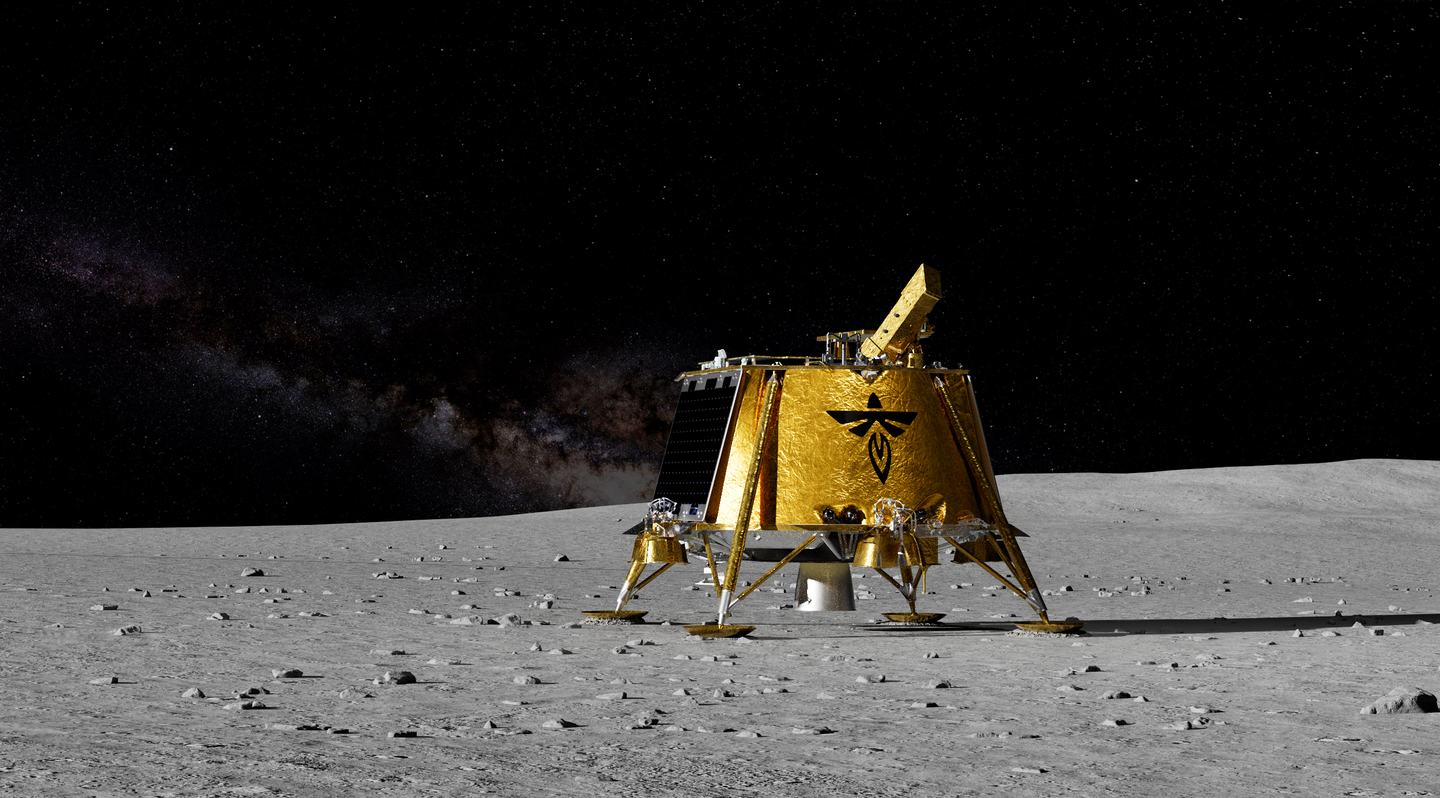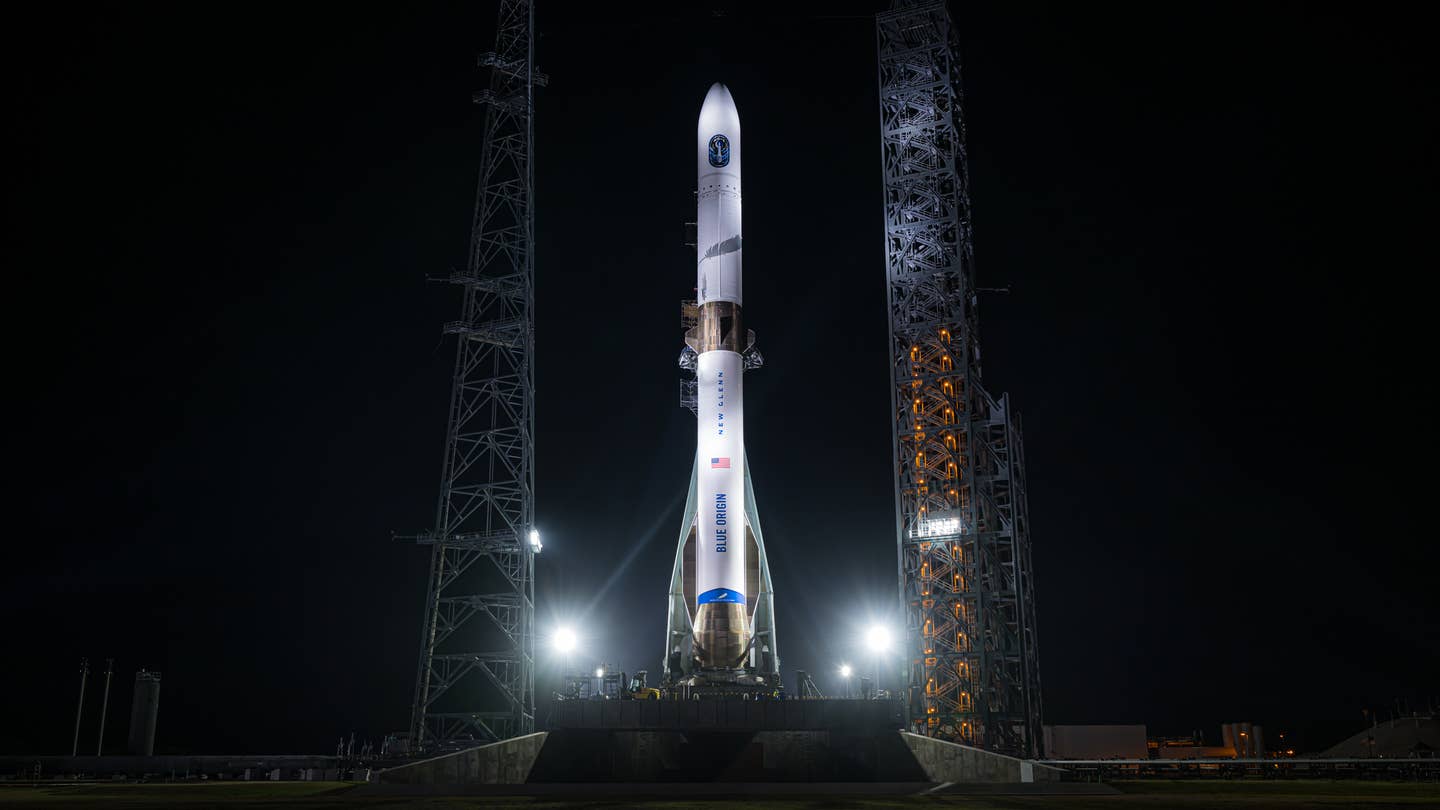
NASA
In case you missed it, last weekend the FAA issued an “Urgent Airman Notification” for the re-entry of a dying NASA upper atmosphere research satellite. The Notam called for pilots to keep an eye open for debris from the satellite, though it didn’t offer any specific advice about what pilots should do if they were to come face to face with a school-bus-size hunk of space metal screaming toward them at speeds of 18,000 mph. Nor was there any indication about exactly why the notification was deemed “urgent.” There were no flight restrictions associated with its issuance.
Pilots’ responses to the notam, based on tweets and message boards around the aviation universe, revealed mostly amusement. One commented that the advice to call a flight service briefer for more information would have resulted in an awkward and quiet conversation. A military pilot wondered if, when doing nap of the Earth training flights, he and his fellow jet jocks should be looking up instead of down.
In case you’re still in suspense, you can rest easy. At least we think you can. The satellite eventually came to Earth, or at least NASA scientists think it did. They admit that they don’t know exactly where or exactly when it reentered or how much debris made it to Earth. In another amusingly vague and useless piece of information, NASA predicted the satellite’s calculated re-entry zone would cover most of the planet. They now suspect it re-entered somewhere over the remote Pacific. (Maybe they should have called Flight Service for more advice?)
The best news of all was that there were no reports of airplanes brought down by the hypersonic debris, thanks, no doubt, to the urgent FAA warning.

Sign-up for newsletters & special offers!
Get the latest FLYING stories & special offers delivered directly to your inbox






